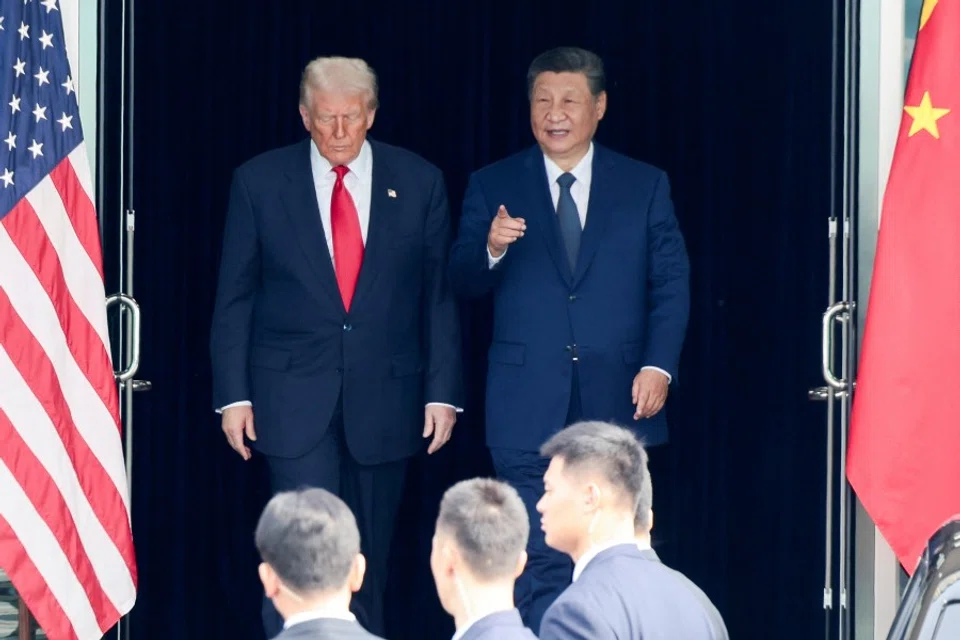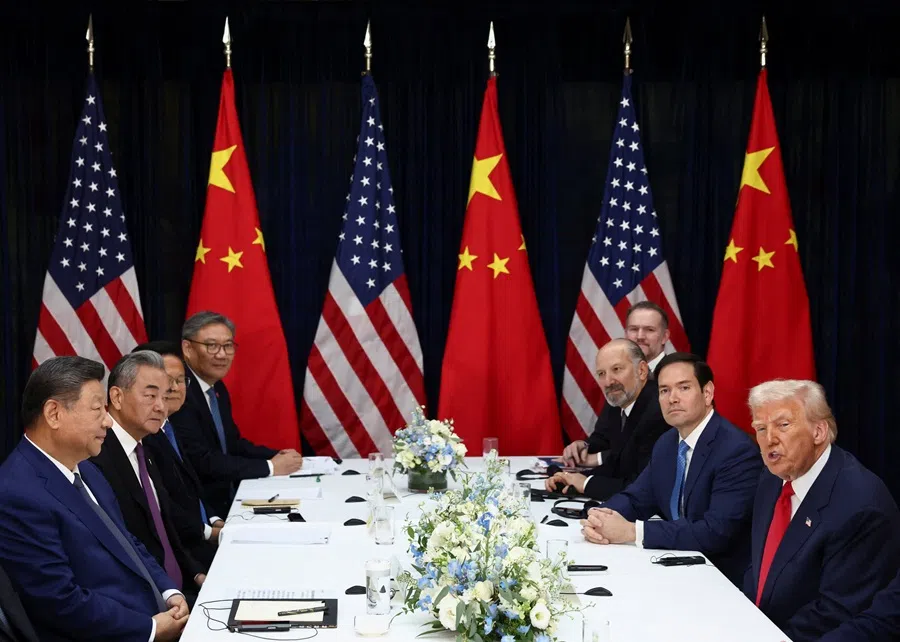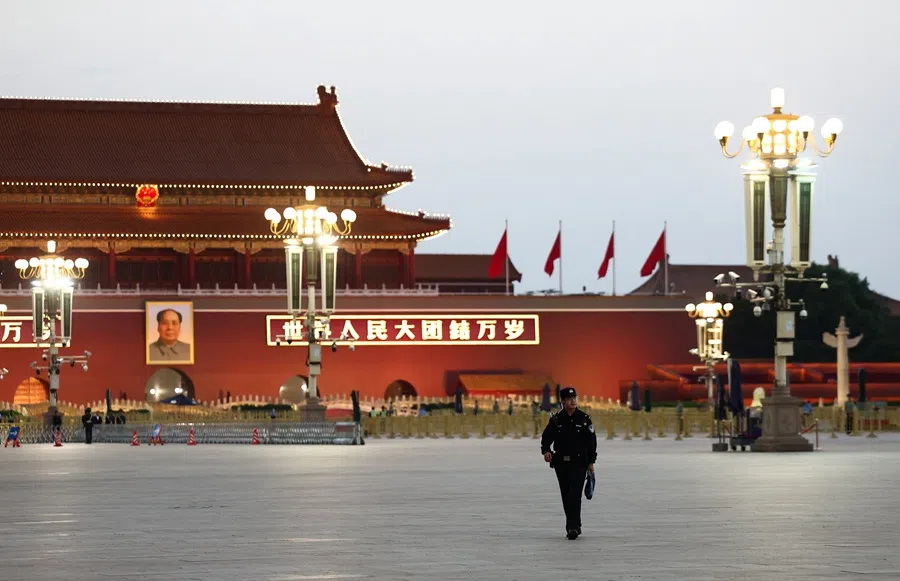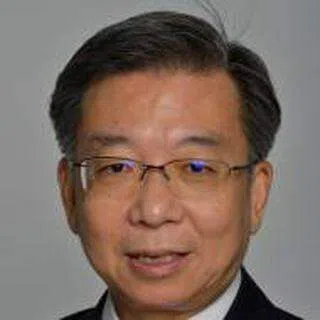How to read the Xi–Trump meeting: It’s not about winning
The Busan meeting wasn’t about who won or lost — it was about whether the world can still count on China and the US to act as responsible powers. Their cooperation, not confrontation, will define the next phase of global governance, says academic Gu Qingyang.

When the leaders of China and the US concluded their talks in Busan, much of the public debate quickly shifted to a familiar question: who gained more?
Yet this perspective is too narrow. The importance of the Busan meeting goes beyond repairing a bilateral relationship. It may signal a redefinition of major-power responsibility and the future direction of global cooperation.
Over the past years, US–China relations have drifted toward confrontation. Tariff disputes, technology restrictions and geopolitical tensions have fuelled uncertainty, unsettling global markets. The core outcome of the Busan meeting was not the resolution of all disagreements, but the creation of a mechanism that prevents further deterioration.
Therefore, the Busan meeting should not be judged by who “won” or “lost”, but rather by how much the world stands to benefit.
What the world gains
A direct, face-to-face dialogue at the highest level sends a clear message — both sides are willing to maintain continuous communication. This alone greatly reduces the risk of miscalculation and conflict escalation, and provides a more predictable environment for global and regional cooperation. In this sense, the easing achieved in Busan represents a meaningful step toward stability — a development that allowed the world to exhale, even if only slightly.
Given the scale of US–China interdependence, the consequences extend far beyond the bilateral realm. If the two largest economies approach each other as adversaries locked in a zero-sum struggle, the resulting negative spillovers could disrupt global economic expectations and fracture already fragile supply chains.

Conversely, if they cooperate, the world stands to gain an enormous stability dividend. Therefore, the Busan meeting should not be judged by who “won” or “lost”, but rather by how much the world stands to benefit.
The future of global leadership will not be determined by who sits at the top of a hierarchy, but by who contributes more to solving global challenges...
King of the world?
We are at a historical crossroads where the old logic of power struggle and zero-sum rivalry no longer works. The world expects China and the US to demonstrate a different way of coexistence — one that balances national interests with shared responsibility for global development.
We are living through a period of profound transformation. The post-war international order has lasted for more than 80 years, but its effectiveness is increasingly strained. Technological change has brought humanity into a new phase of development, while the balance between the Global North and South is shifting. In this context, the model of a single superpower supporting global governance is no longer sustainable — not for the US, and not for the world.
The future of global leadership will not be determined by who sits at the top of a hierarchy, but by who contributes more to solving global challenges — climate change, AI governance, financial stability, public health and development inequality.
Complementary civilisations
What is required now is not a return to the old zero-sum game, but the building of a new governance structure where contribution is the basis of influence.

China and the US represent two major civilisational traditions, which gives them natural complementarity. In providing global public goods, China’s strengths in infrastructure and manufacturing can support connectivity and supply stability; the US’s strength in financial systems and technological innovation can help shape fair and effective global rules.
Such cooperation would not only sustain US influence and support China’s growing international role — its most meaningful impact would be to stabilise the world, laying the foundation for a new era of political and economic cooperation.
The understandings reached in Busan form a starting point. They require both sides to respect each other’s core interests, manage disputes carefully, and avoid shocks in sensitive areas that could destabilise global markets. If the two countries can show restraint in trade and supply-chain competition, the trend toward fragmentation and bloc-based economic ordering may be slowed, helping preserve the possibility of shared global prosperity.
Cooperation should remain the main theme; competition should be managed; the objective should be shared progress — not division, decoupling, or confrontation.
Cooperation should remain the main theme
The defining feature of our era is that global challenges are shared challenges. Climate change, financial risk, income inequality, food security, and public health crises all cross borders. In an interconnected world, major-power confrontation guarantees mutual harm — this is an iron law.
The cost of conflict between China and the US is far higher than that of great-power rivalries in history. The so-called “Thucydides Trap” should not be accepted as the destiny of US–China relations. Eight decades after humanity bid farewell to large-scale, brutal hot wars, the way major powers manage their relations must reflect the progress of human civilisation.

Given that China and the US together account for more than 40% of global GDP, both must embody responsible leadership. Cooperation should remain the main theme; competition should be managed; the objective should be shared progress — not division, decoupling, or confrontation.
Starting point of a new phase in global governance?
Equally important, US–China cooperation must not become an exclusive club. A sustainable path forward requires inclusive multilateralism — bringing countries of different sizes and development levels into rule-making and benefit-sharing. Global governance must be participatory, not imposed.
We must remain realistic: structural tensions will not disappear overnight. But what matters is the method of managing competition — shifting from confrontation to verifiable, negotiable, and institutionalised coordination mechanisms.
The value of the Busan meeting does not lie in immediate outcomes. It lies in the possibility it opens: reducing the risk of conflict, restoring stability, and enabling the world to imagine a new order. If the goodwill shown in Busan can be translated into lasting, institutional cooperation, then Busan may be remembered not as a brief diplomatic moment, but as the starting point of a new phase in global governance.





